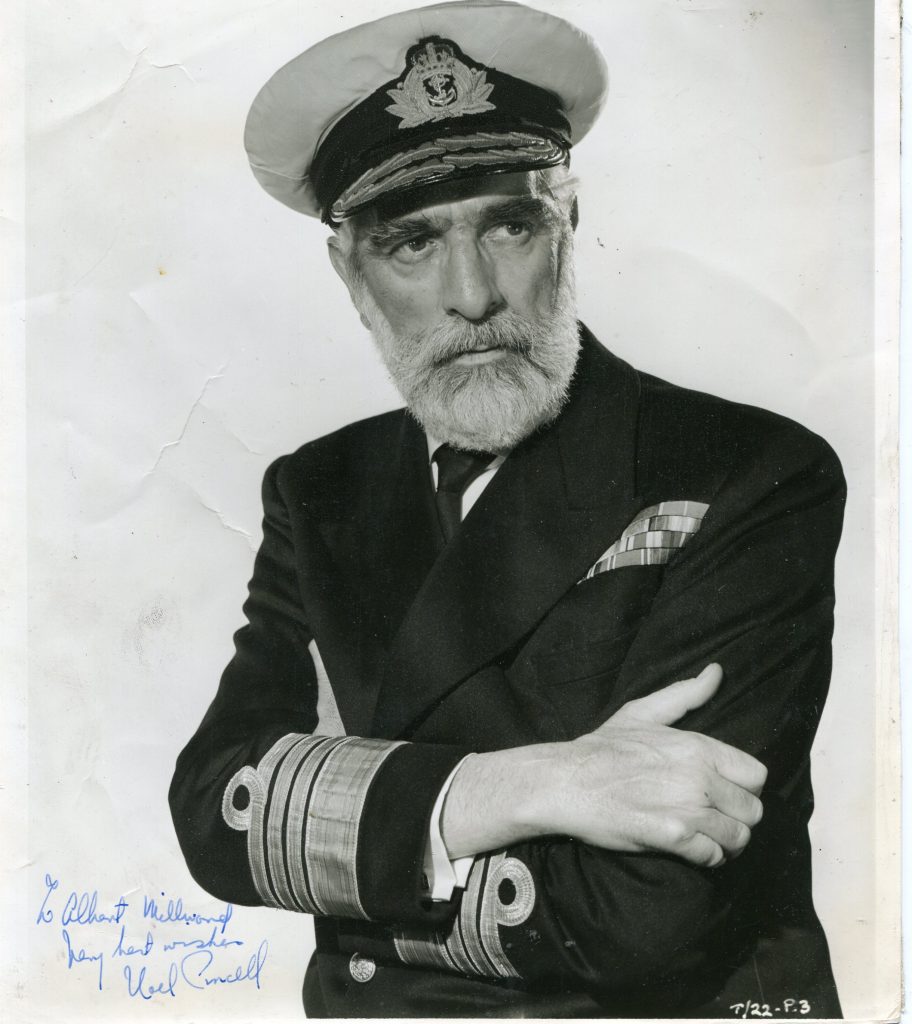
Noel Purcell (Wikipedia)
Noel Purcell was a very popular and well-loved Irish actor who had a very prolific film career over many years. He was born in Dublin in 1900. He acted on the boards of Irish theatre and made his film debut in “Blarney” in 1926. His films included “The Blue Lagoon” in 1949, “Encore” in 1951, “The Seekers”, “Moby Dick”, “Lust for Life”, “Doctor at Large”, “Shake Hands with the Devil”, “Lord Jim” and “Flight of the Doves”. He died in Dublin in 1985.
“Wikipedia” entry:
Noel Purcell was the son of auctioneer Pierce Purcell and his second wife Catherine, née Hoban, of 4 Ashbrook Terrace, South Circular Road, Dublin. He was born on 23 December 1900 and baptised six days later at Harrington Street Church.[1] Within a few months, the Purcell family had moved to 12 Mercer St. Lower.[2] In 1911, the Purcells were living at the same address, but the household was headed by Noel’s maternal grandmother, Julia Hoban, a furniture dealer.
Purcell began his show business career at the age of 12 in Dublin’s Gaiety Theatre. Later, he toured Ireland in a vaudeville act with Jimmy O’Dea.[4]
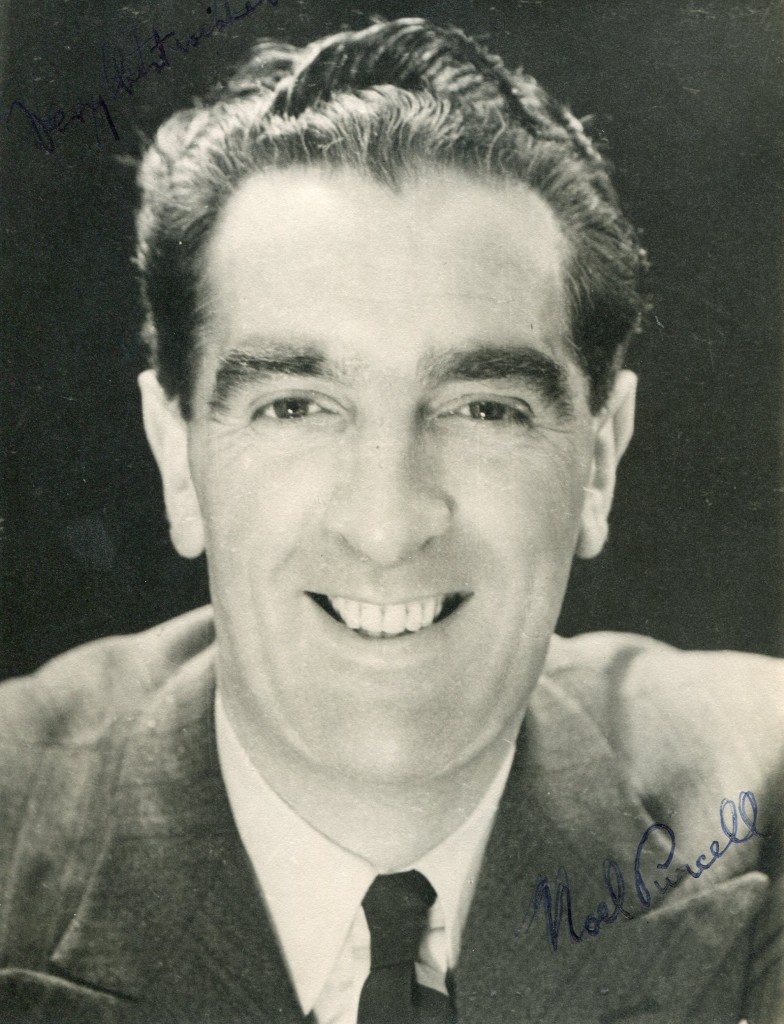

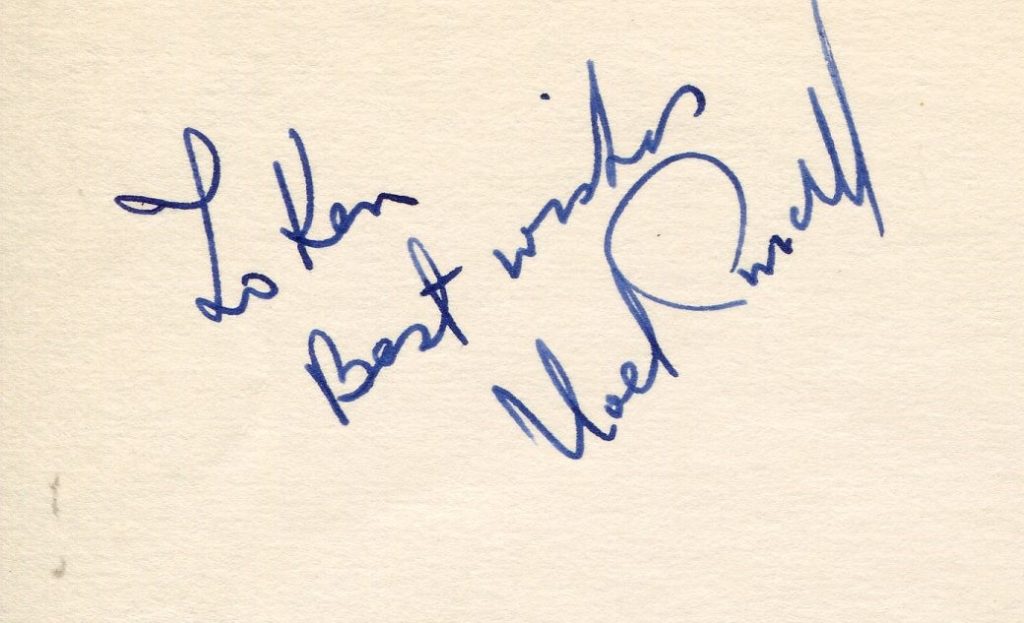
Stage-trained in the classics in Dublin, Purcell moved into films in 1934. He appeared in Captain Boycott (1947) and as the elderly sailor whose death marooned the lovers-to-be in the firstsound film version of The Blue Lagoon (1949). Purcell played a member of Captain Ahab‘s crew in Moby Dick (1956), Dan O’Flaherty in episode one, The Majesty of the Law, of The Rising Of The Moon (1957), a gameskeeper in The List of Adrian Messenger (1963), and a barman in The Mackintosh Man (1973), these two films directed by John Huston.
In 1955, he was an off-and-on regular on the British filmed TV series The Buccaneers (released to American TV in 1956), and Purcell narrated a Hibernian documentary, Seven Wonders of Ireland (1959). In 1962, he portrayed the lusty William McCoy in Lewis Milestone’s Mutiny on the Bounty. He played a taciturn Irish in-law to Lebanese American entertainer Danny Thomas‘ character Danny Williams in a 1963 episode of The Danny Thomas Show. In 1971, he played the caring rabbi in the children’s musical drama Flight of the Doves.
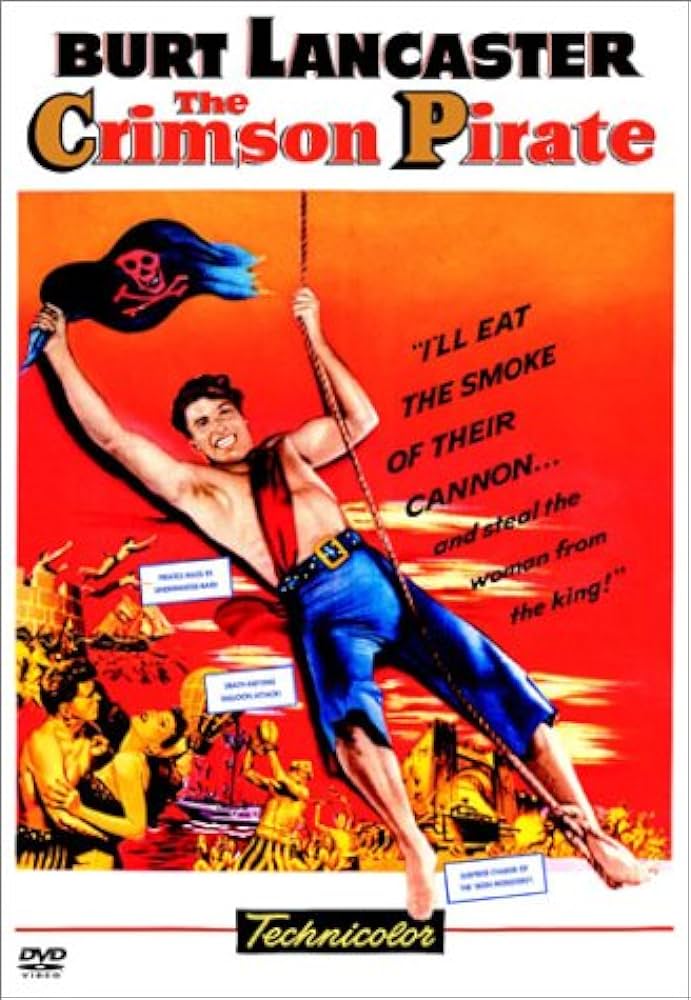
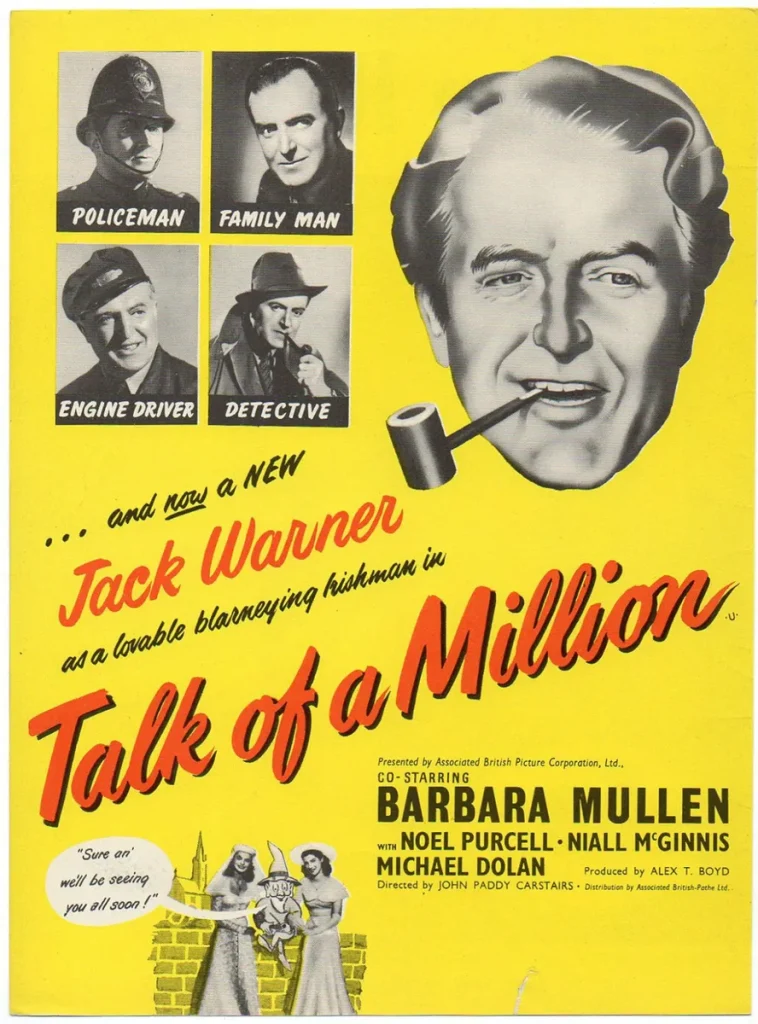
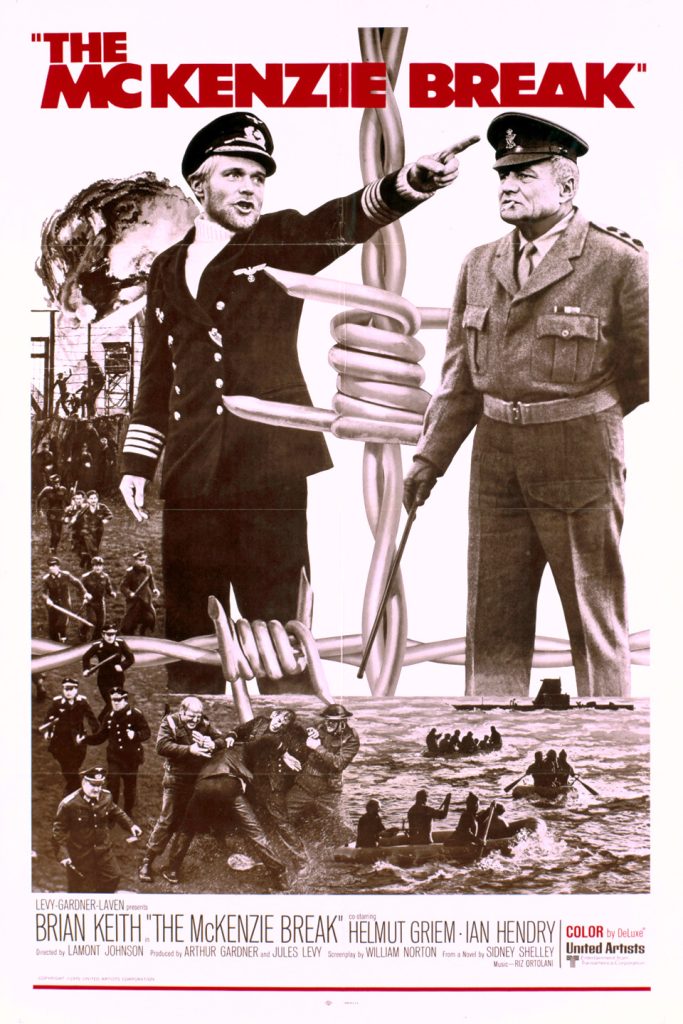
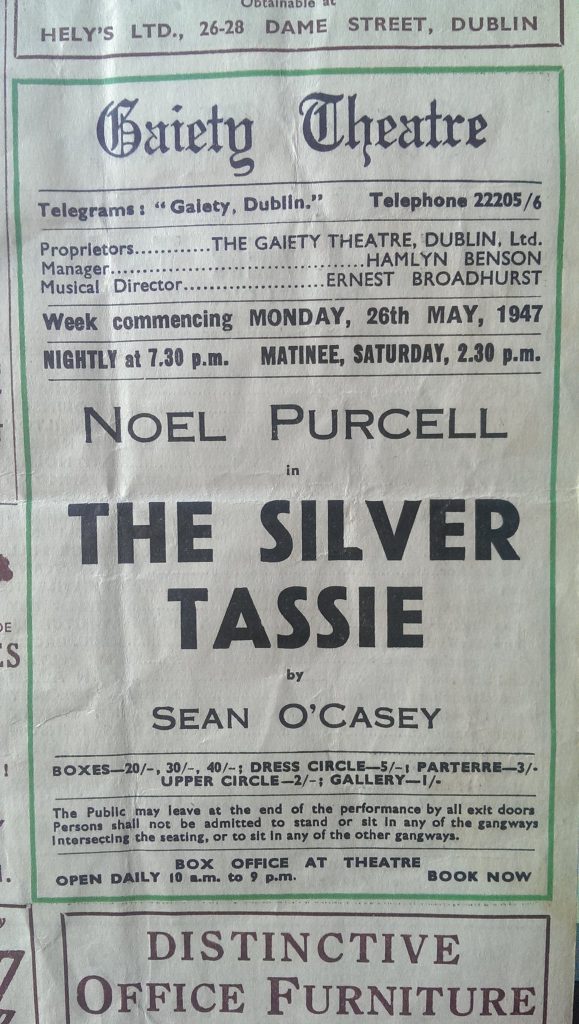
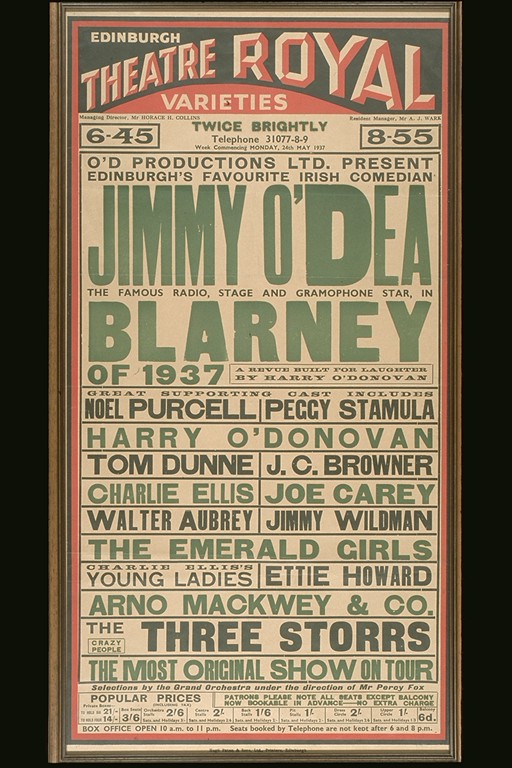

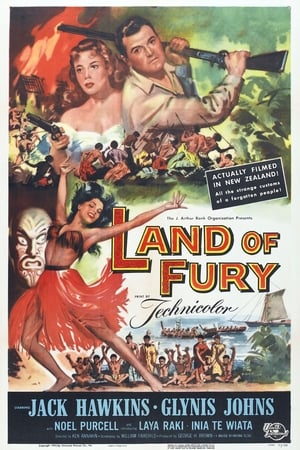
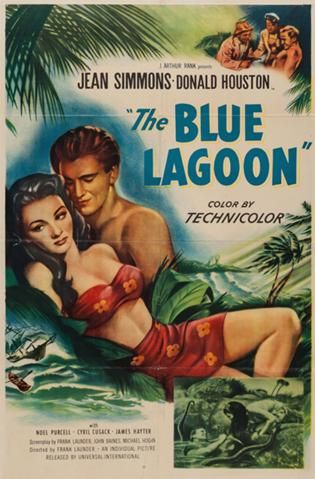
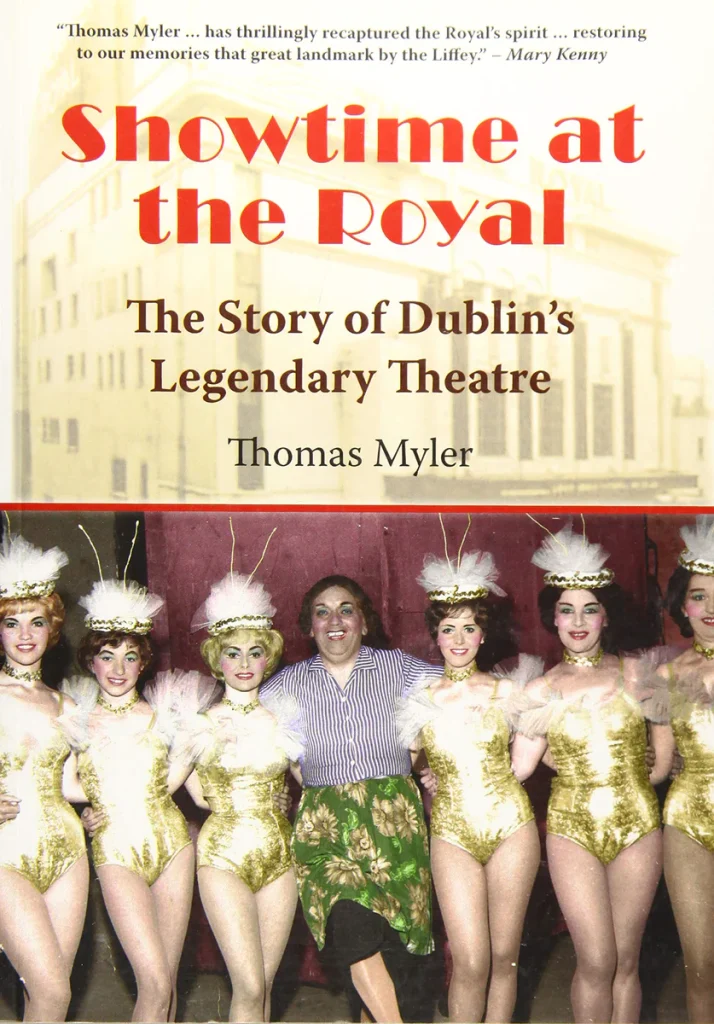
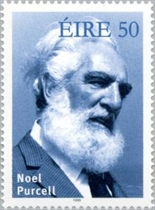
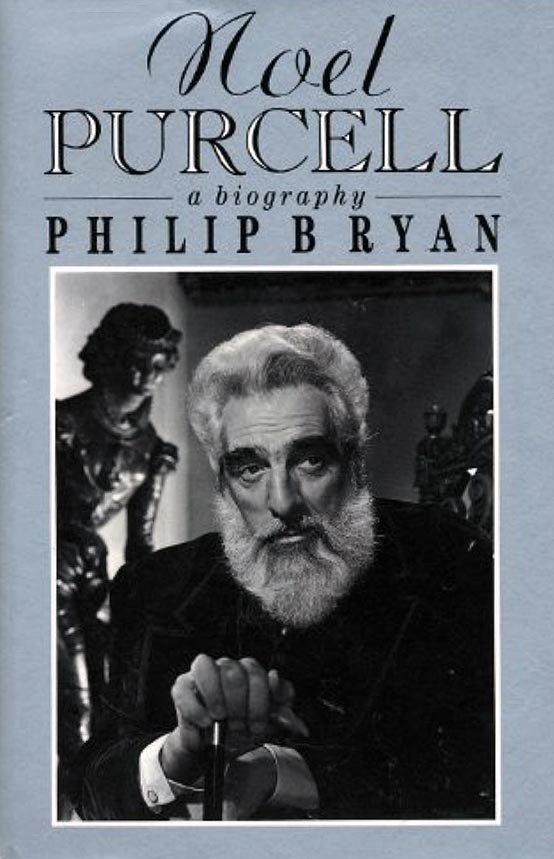

He was the subject of This Is Your Life in 1958 when he was surprised by Eamonn Andrews at the BBC Television Theatre.
Purcell also gained some recognition as a singer. Shortly after World War II, songwriter Leo Maguire composed “The Dublin Saunter” for him. He performed the song live for many years and later recorded it for the Glenside label. However, the recording was not a hit. As Purcell recalled many years later, “I don’t think one person in the world bought it.” In 1981, he recorded a spoken word version of Pete St. John‘s “Dublin in the Rare Old Times“.[5]
In June 1984, Purcell was given the Freedom of the City of Dublin.[6] Nine months later, he died in his native city at the age of 84.
The above “Wikipedia” entry can also be accessed online here.
TCM Overview:
Noel Purcell was an actor who had a successful Hollywood career. In his early acting career, Purcell appeared in such films as the Stewart Granger historical drama “Captain Boycott” (1947), “Saints and Sinners” (1949) and the romance “The Blue Lagoon” (1949) with Jean Simmons. He also appeared in the adventure “The Crimson Pirate” (1952) with Burt Lancaster and “Grand National Night” (1953). His film career continued throughout the fifties in productions like “Svengali” (1955) with Donald Wolfit, the Gregory Peck dramatic adventure “Moby Dick” (1956) and “Lust For Life” (1956).
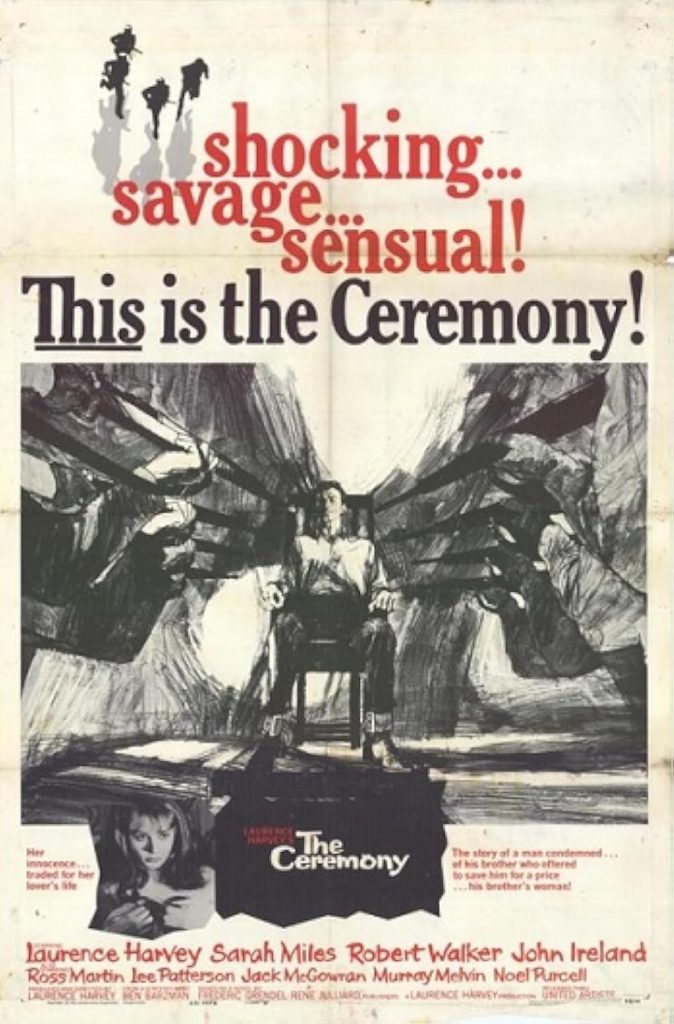
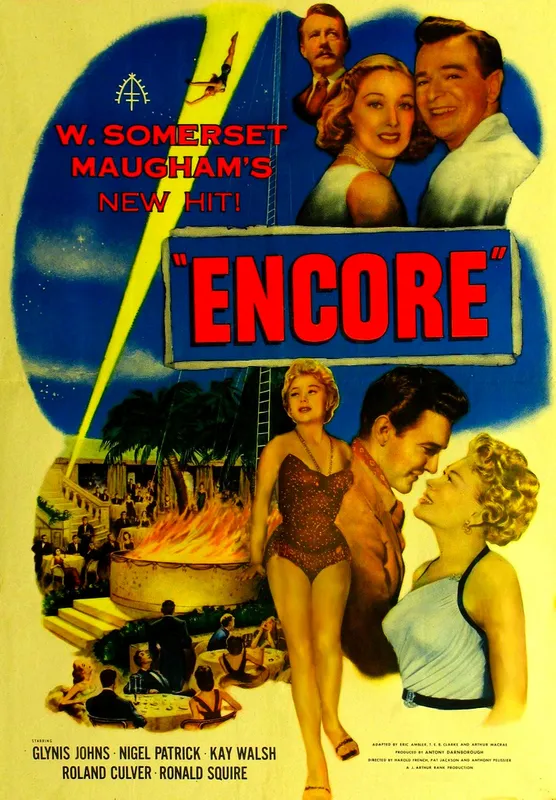

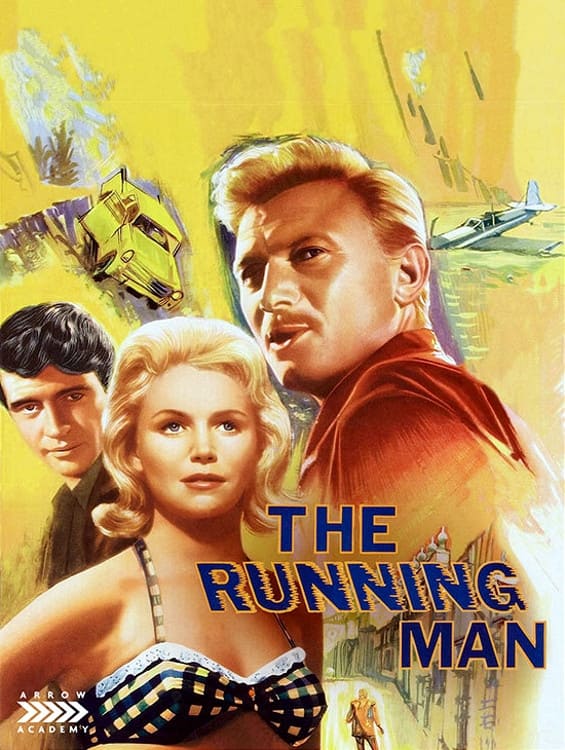

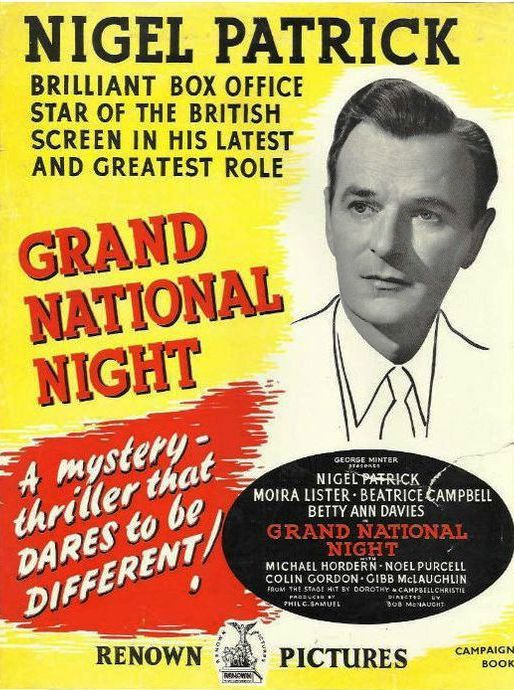

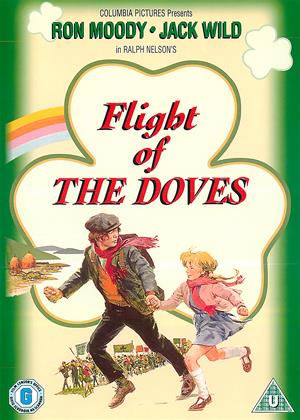
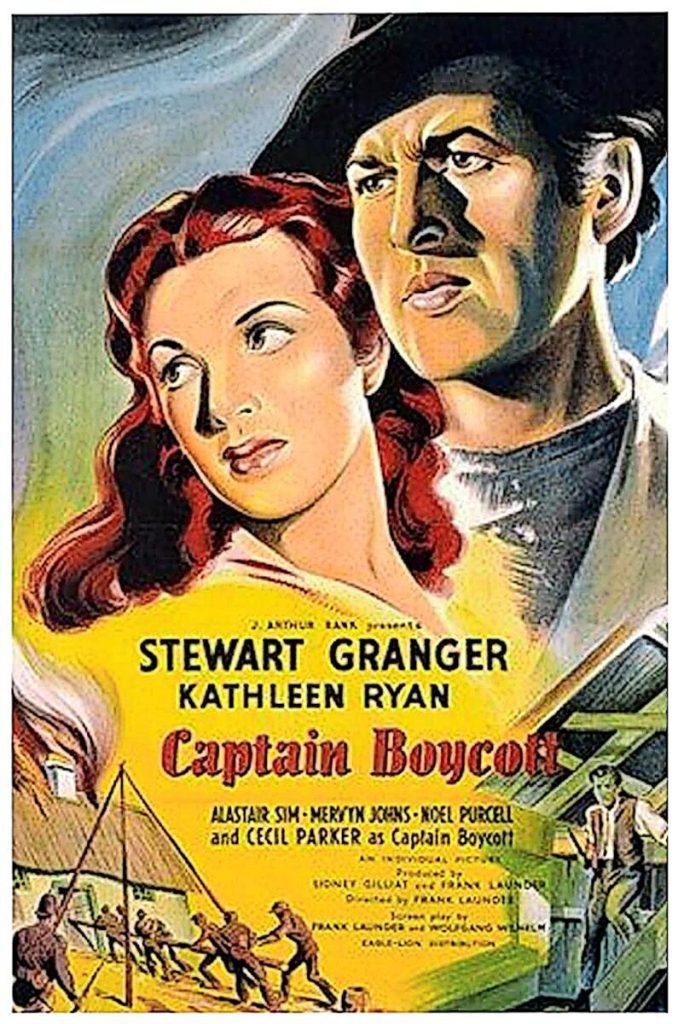
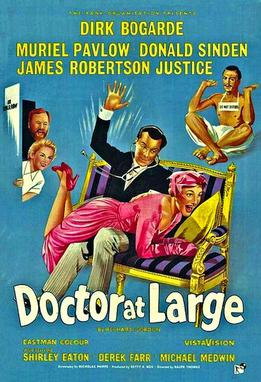
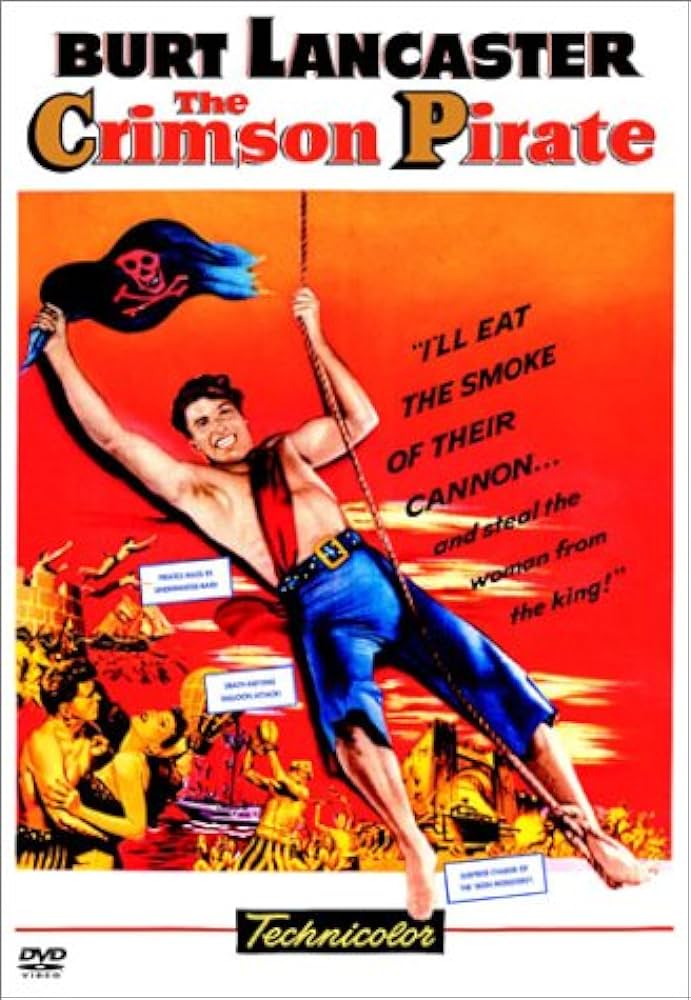
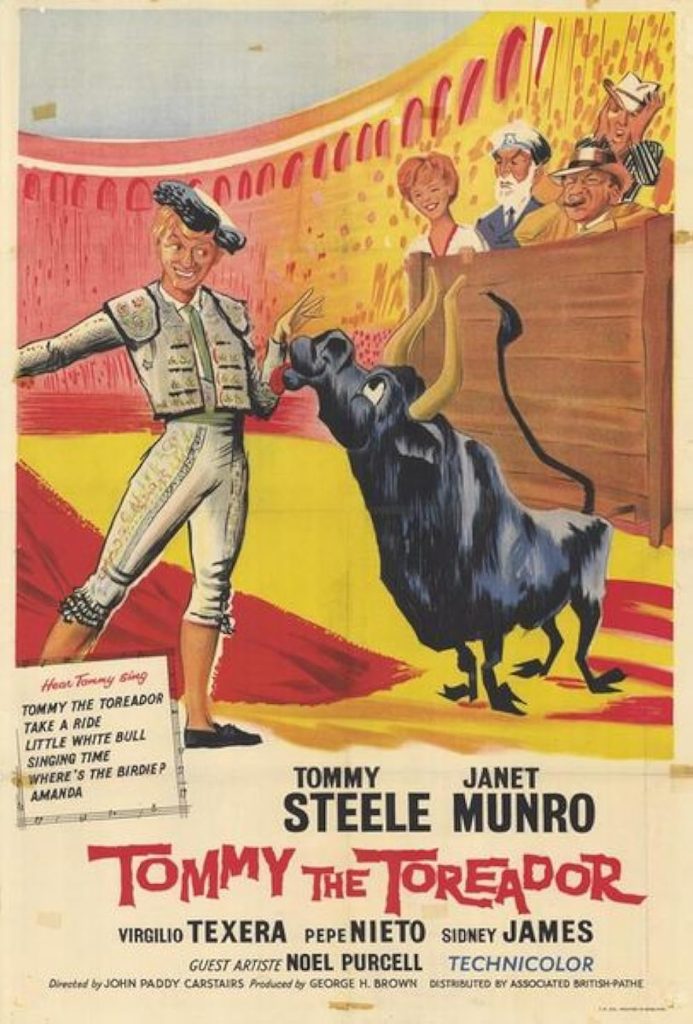
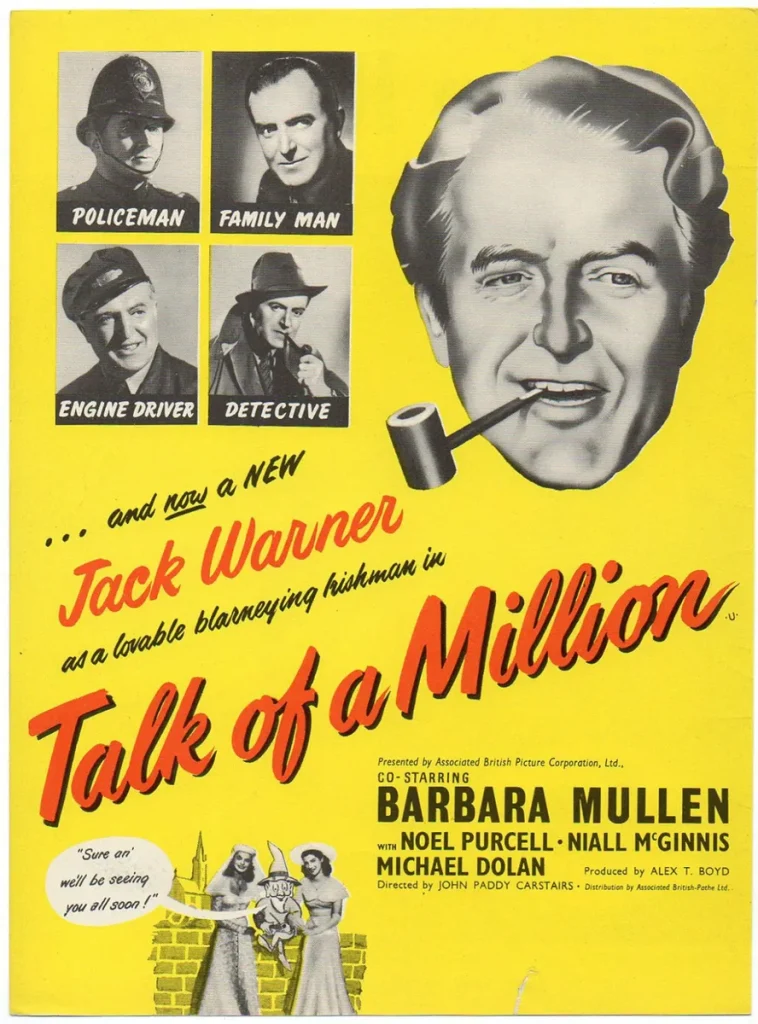
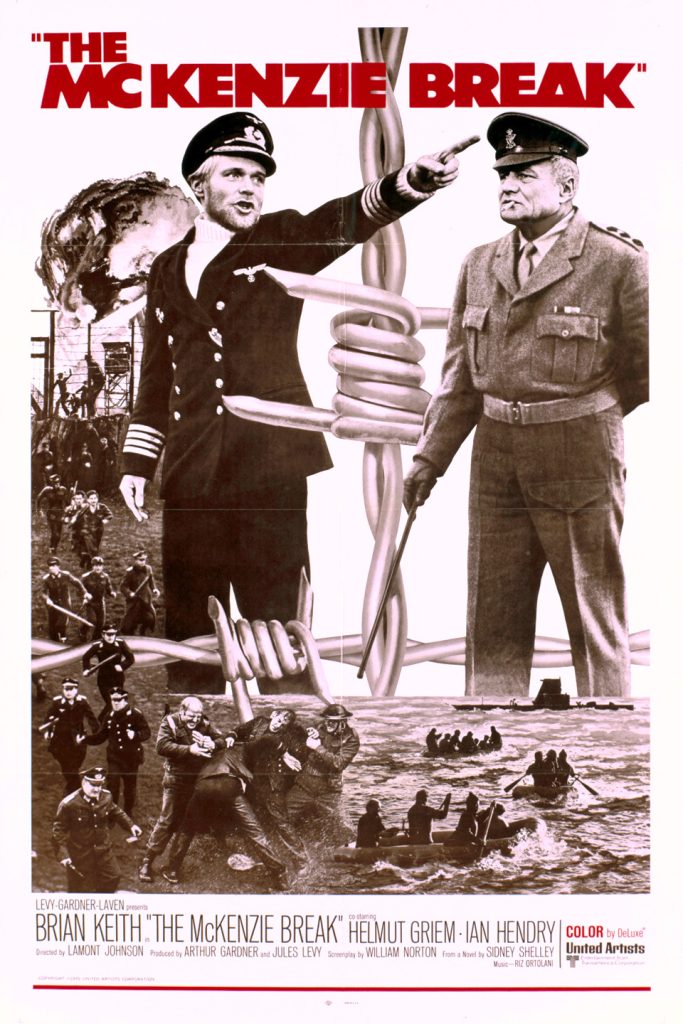

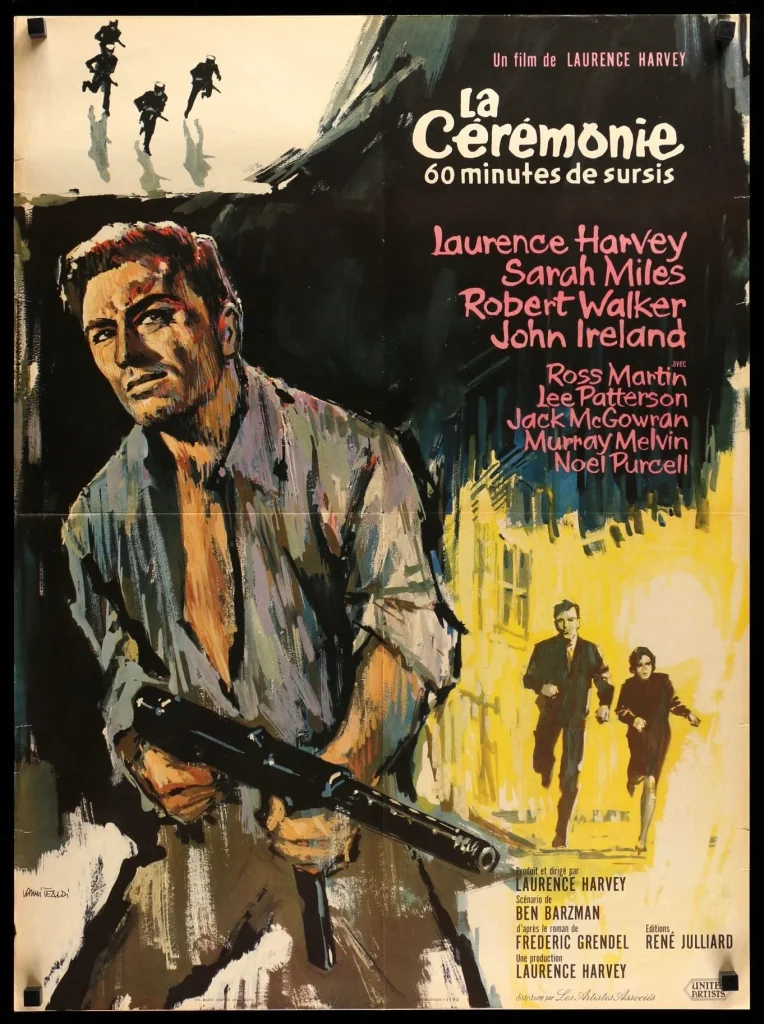
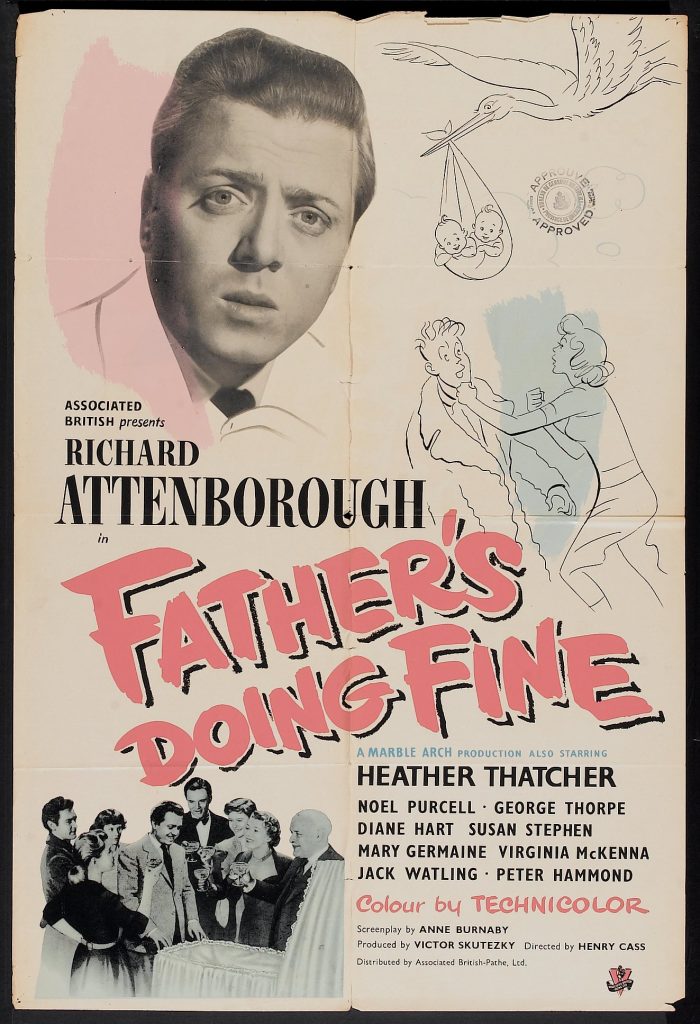


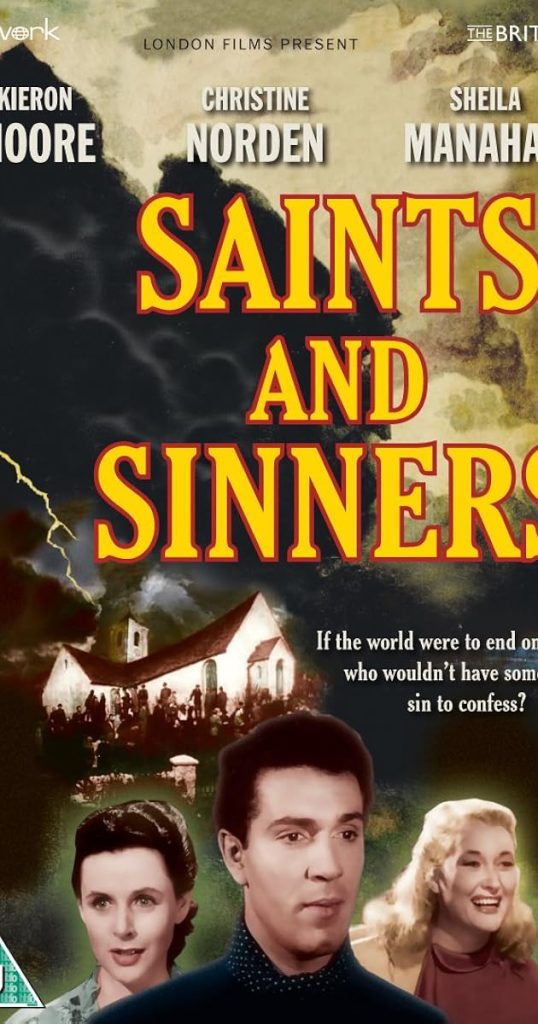
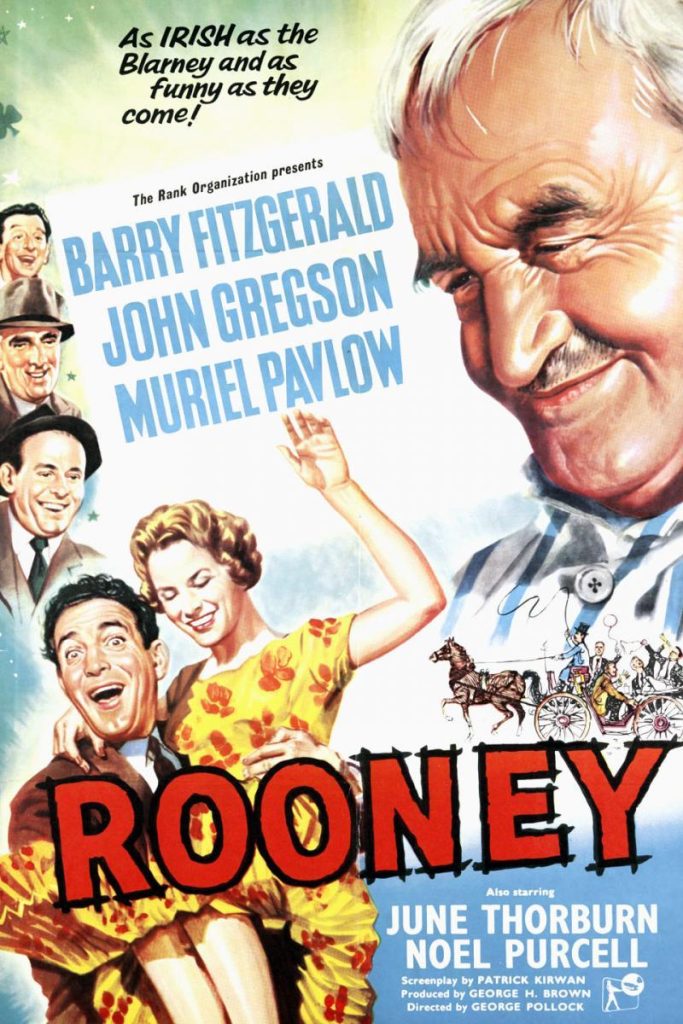
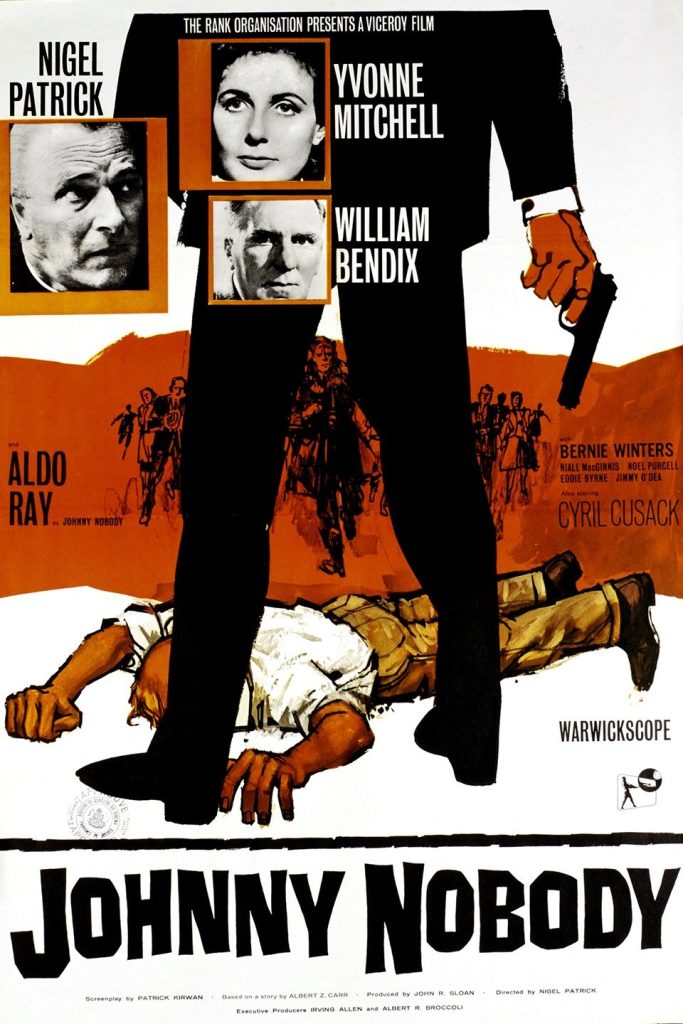

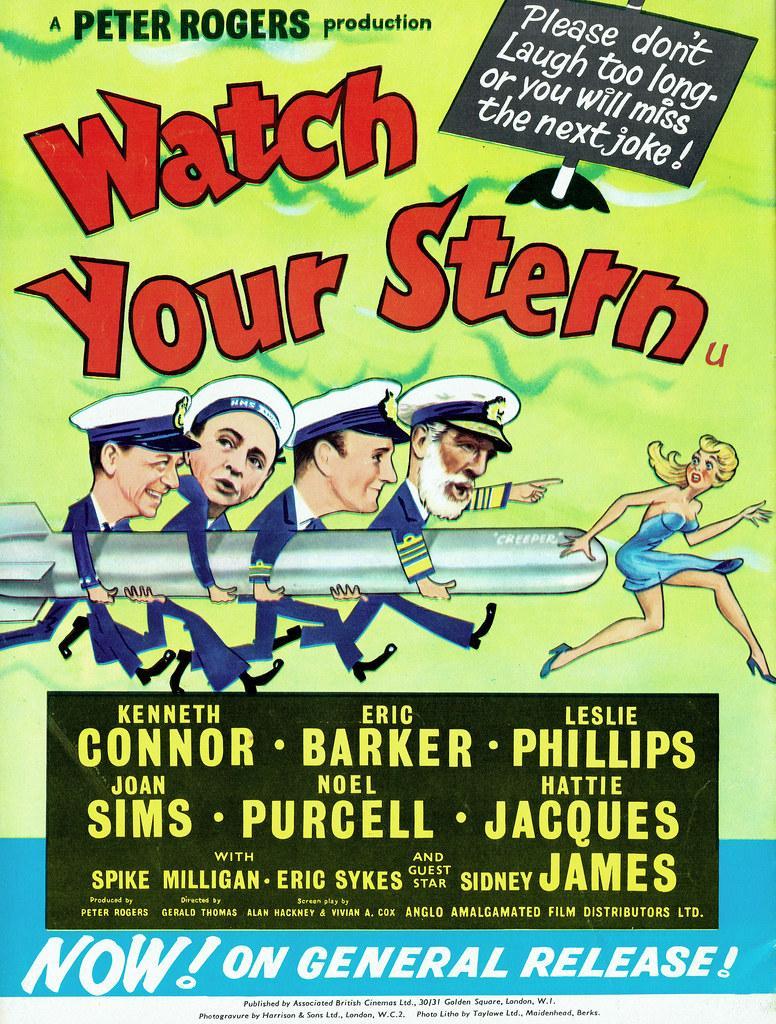
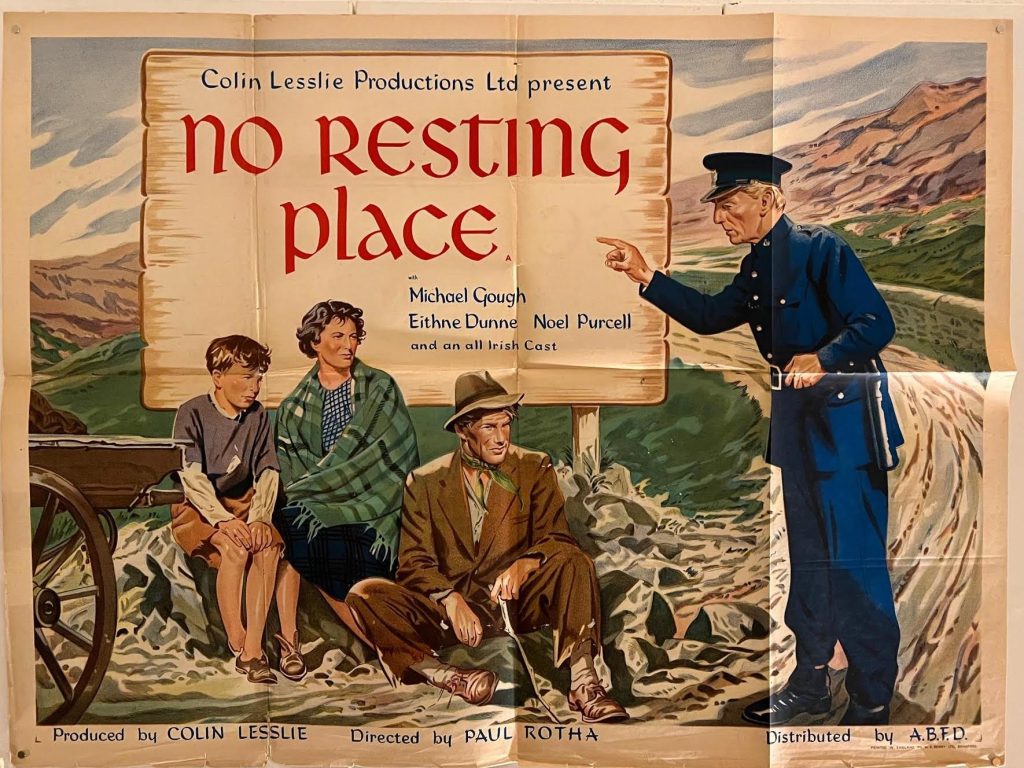
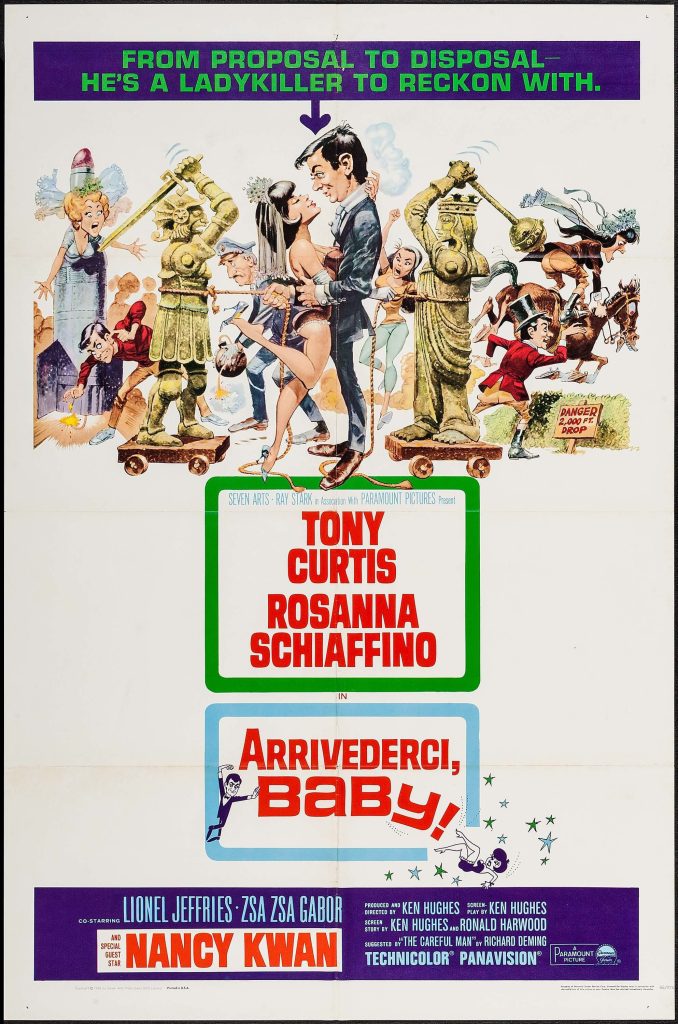
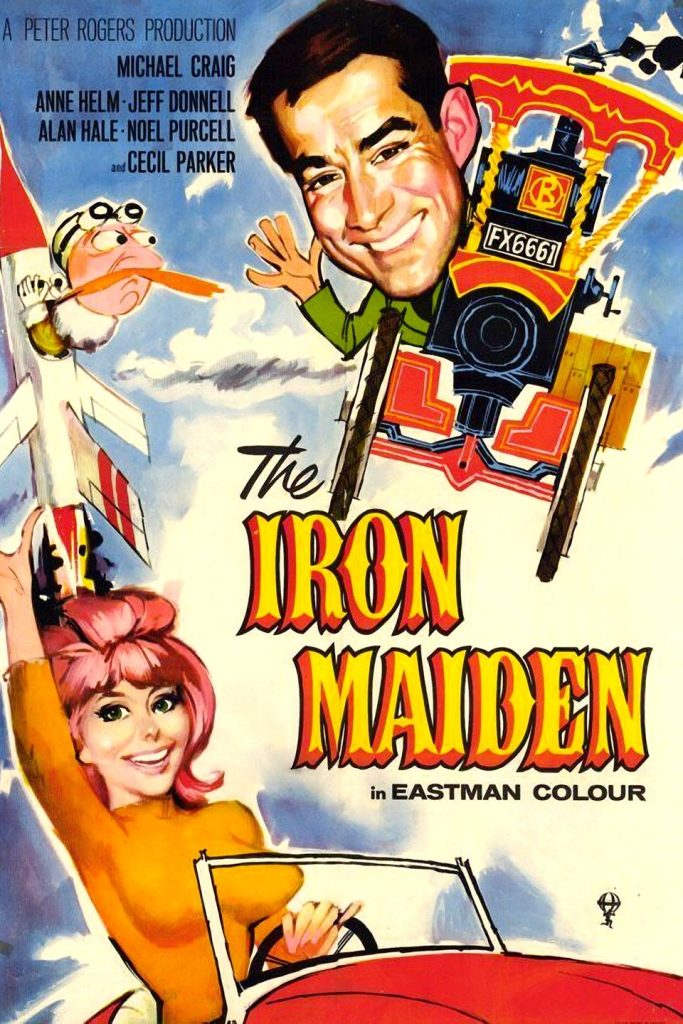
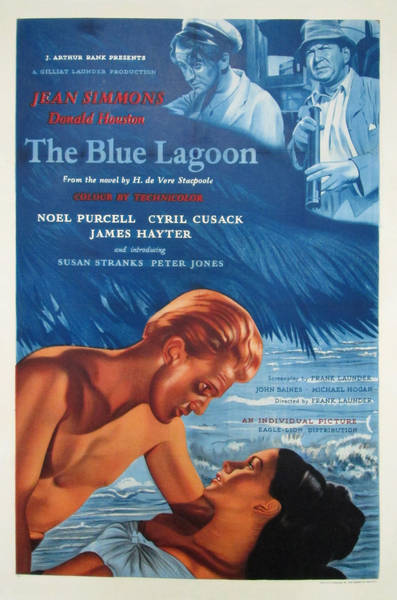
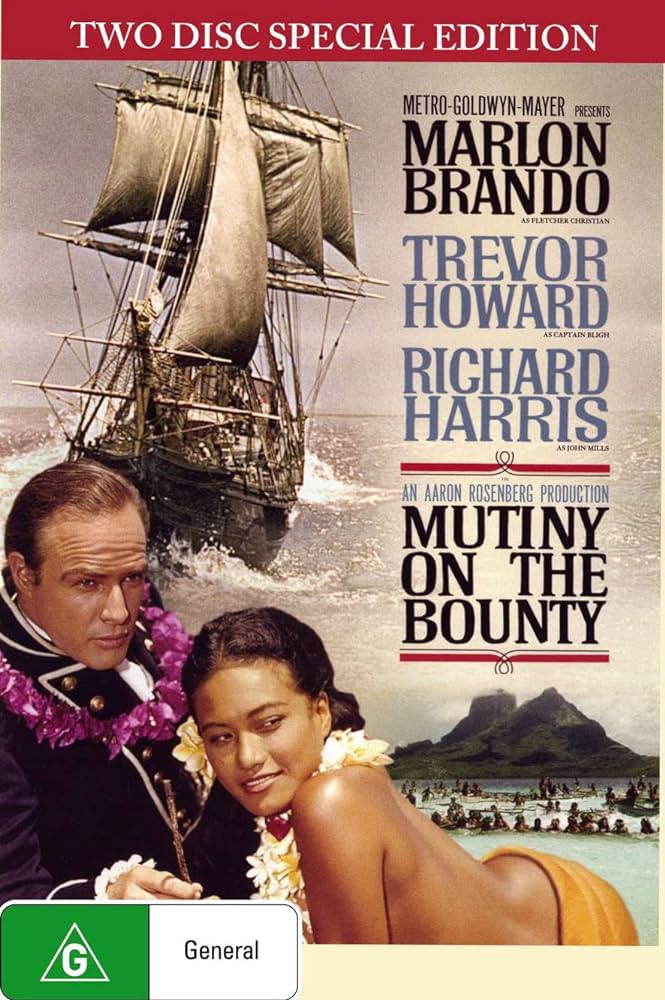
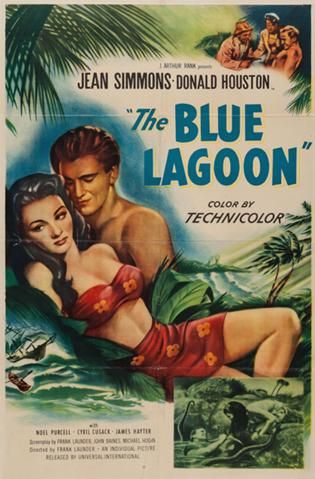

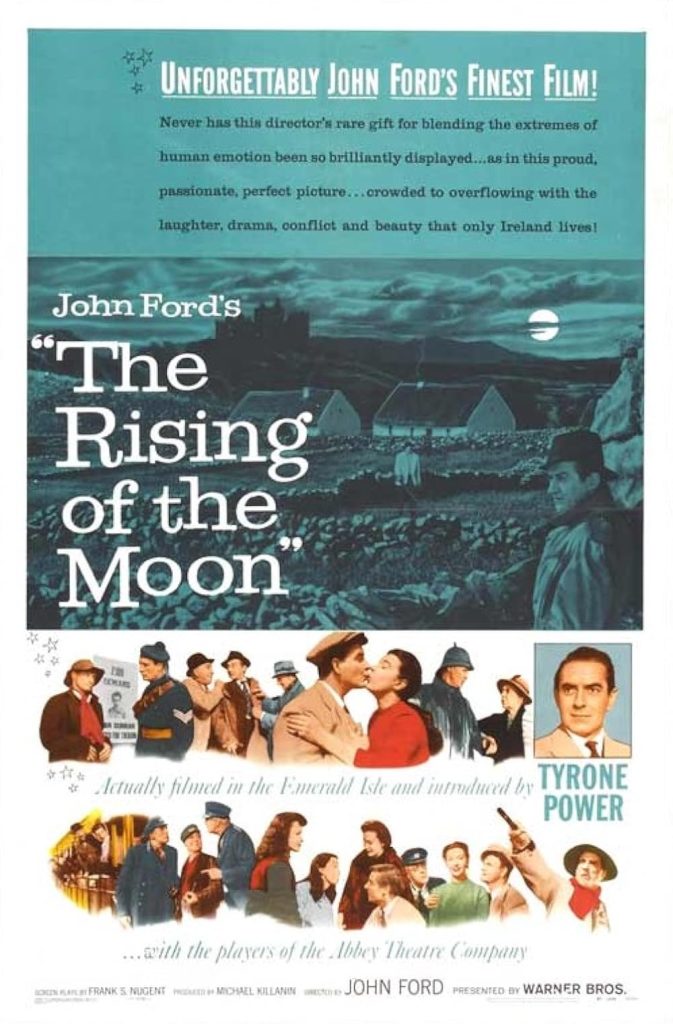
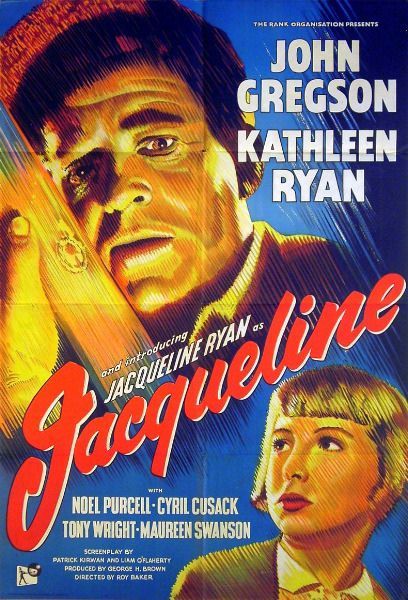
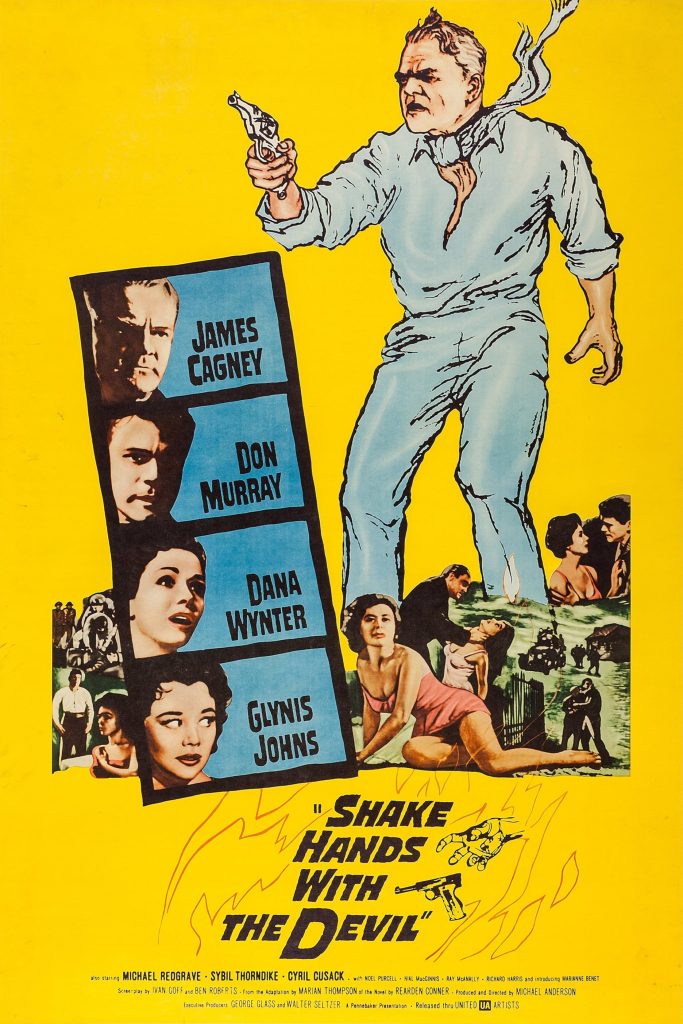
Film continued to be his passion as he played roles in the dramatic period piece “Mutiny on the Bounty” (1962) with Marlon Brando, “The List of Adrian Messenger” (1963) with George C Scott and the Laurence Harvey crime drama “The Running Man” (1963). He also appeared in the Laurence Harvey dramatic adaptation “The Ceremony” (1963) and the Peter O’Toole dramatic adaptation “Lord Jim” (1965). Purcell last acted on “The Irish R.M. Part II” (PBS, 1985-86). Purcell was married to Eileen Marmion. Purcell passed away in March 1985 at the age of 85.
The above TCM Overview can also be accessed online here.
Dictionary of Irish Biography:
Contributed by
Purcell, Noel (1900–85), actor, was born Patrick Joseph Noel Purcell on 23 December 1900 at 11a Lower Mercer Street, Dublin, the elder of the two children of Pierce Purcell, auctioneer, and his second wife, Catherine Purcell (née Hoban), antique dealer. Educated at the Synge Street CBS, he worked after school backstage at the Gaiety Theatre and at Madame Rocke’s Theatre, O’Connell Street, where he became acquainted with John and Thomas MacDonagh and Countess Markievicz . He had periodic walk-on parts at the Gaiety and in 1915 he had a small role with the Irish Players, led by Edward Martyn (qv). He left school at sixteen, and was apprenticed as a joiner to A. H. Bex, shop fitters, but he continued to build a reputation among the city’s amateur dramatic companies, performing regularly at St Theresa’s Temperance Hall, Clarendon Street, Father Mathew Hall and the CYMS, Harrington Street.A seasoned pantomime performer, Purcell joined Tom Powell and Harry Byrne’s company in 1928. During one performance in 1929 he was noticed by Jimmy O’Dea (qv) and Harry O’Donovan (qv), who recruited him for their O’D production company. They toured Britain and Ireland throughout the 1930s, and he was a popular pantomime dame when the company made its annual return to the Olympia theatre. With the company he also made his first film appearances, in Jimmy Boy (1935) and Blarney (1938). Following a dispute over wages, he left the O’D Company in 1939. Inspired by a tour of Broadway, he returned to Ireland in late 1939 and after a spell as Max Wall’s stooge he brought the idea of a black and white minstrel show to Dublin and revolutionised the fortunes of the Theatre Royal. As the war curtailed the number of foreign acts, he was in constant demand throughout the early 1940s. With Eddie Byrne (d. 1981) he was popular in their ‘Nedser and Nuala’ sketches, and he also appeared as Joxer Daly in a 1941 production of Sean O’Casey‘s (qv) ‘Juno and the paycock’ at the Gaiety. He returned to O’Casey in the late 1940s, playing Brennan o’ the Moor in ‘Red roses for me’ and Sylvester Heegan in O’Casey’s ‘The silver tassie’, to great critical acclaim.
As film began to threaten the popularity of the variety revue, he adapted to the trend, and a small part in Carol Reed’s Odd man out in 1946 began a long film career. A character actor, he became, with his famed white beard, film’s archetypal sailor, in The blue lagoon (1949), The crimson pirate (1952), Moby Dick (1956), and Mutiny on the Bounty (1962). After his performance in Merry Andrew in 1958 he was offered a seven-year contract by MGM. He turned it down, refusing to leave Ireland for such a lengthy period. Cast to play Balthazar in Ben Hur, he arranged a screen test for Tony O’Reilly, but O’Reilly preferred rugby to the prospect of acting, and Purcell lost the role of Balthazar owing to delays in production. In constant demand for his comic cameo performances, his part in Captain Boycott in 1947 made him a natural choice for many films with an Irish theme, including John Ford’s The rising of the moon (1957), Rooney (1958) and Shake hands with the devil (1959).
In 1957 he narrated Bord Fáilte’s promotional film Seven wonders of Ireland. Throughout his film career he supplemented his periodic stage appearances with television and radio work in Ireland, Britain and America. His most popular radio performance was in ‘The great Gilhooly’, made for the BBC Home Service in 1950. He claimed that he refused the role of Fagin in the 1960 musical Oliver, and was later disappointed that he was not offered a role in RTÉ’s 1980 production of Strumpet city. Retiring from film in 1973 after making The mackintosh man, his fifth film for John Huston, he became the quintessential Dublin raconteur and was soon identified with ‘The Dublin saunter’, a song composed for him by Leo Maguire (d. 1985). He still made occasional stage appearances: in 1976 in Noel Pearson’s production of ‘You ain’t heard nuttin’ yet’ and more unexpectedly after his recovery from throat cancer and pneumonia as the Cardinal in a 1982 production of ‘Tosca’.
He was honoured on many occasions throughout his career: he was made an honorary member of the American Loyal League of Yiddish Sons of Erin in 1963 and an honorary life member of the Order of the Knights of Columbanus in 1971. He had been received into the order in 1933. In 1971 he was also made a life member of the Irish Actors’ Equity, an organisation that he had been instrumental in founding in 1947. He had also contributed to the foundation of the Catholic Stage Guild in the late 1940s. The British Actors’ Equity awarded him life membership in 1984, the same year as he was made a freeman of Dublin city. In 1958 he was the subject of an episode of television’s This is your life, and in 1973 an RTÉ Late late show special marked his birthday. The Variety Club of Ireland honoured him in 1968 and 1984 and he received the Variety Artists’ Trust Society award in 1974. He married on 7 July 1941 Eileen Marmion, a one-time child actress with the O’D Company. They had four sons. He died 3 March 1985 after a short illness and was buried in Deansgrange cemetery.
Sources
William J. Feeney, Drama in Hardwicke Street – a history of the Irish theatre company (1984), 74–5; Irish Independent, 4–6 Mar. 1985; Irish Press, 4–6 Mar. 1985; Ir. Times, 4–6 Mar. 1985; Philip Bryan, Noel Purcell: a biography (1992); Kevin Rockett, The Irish filmography (1996); Boylan, 371


